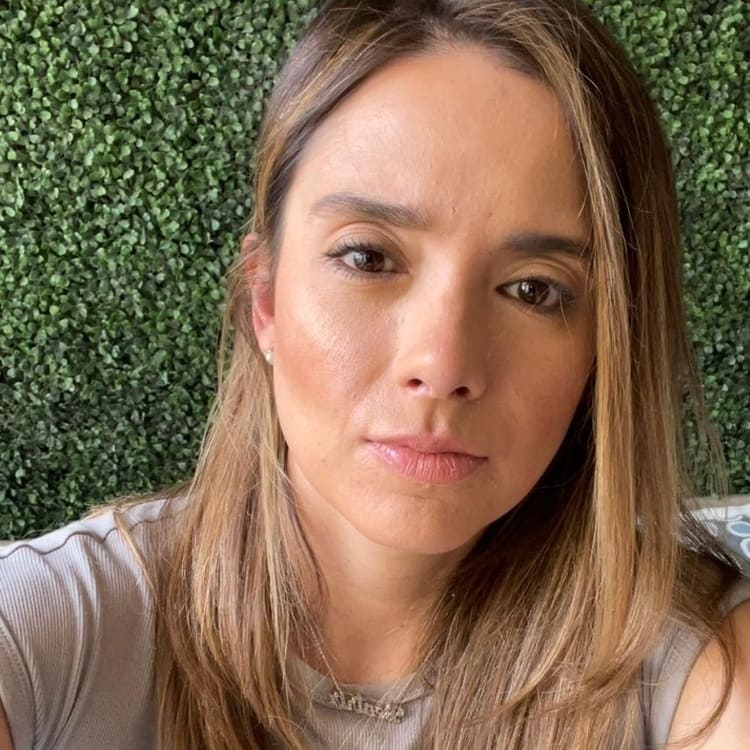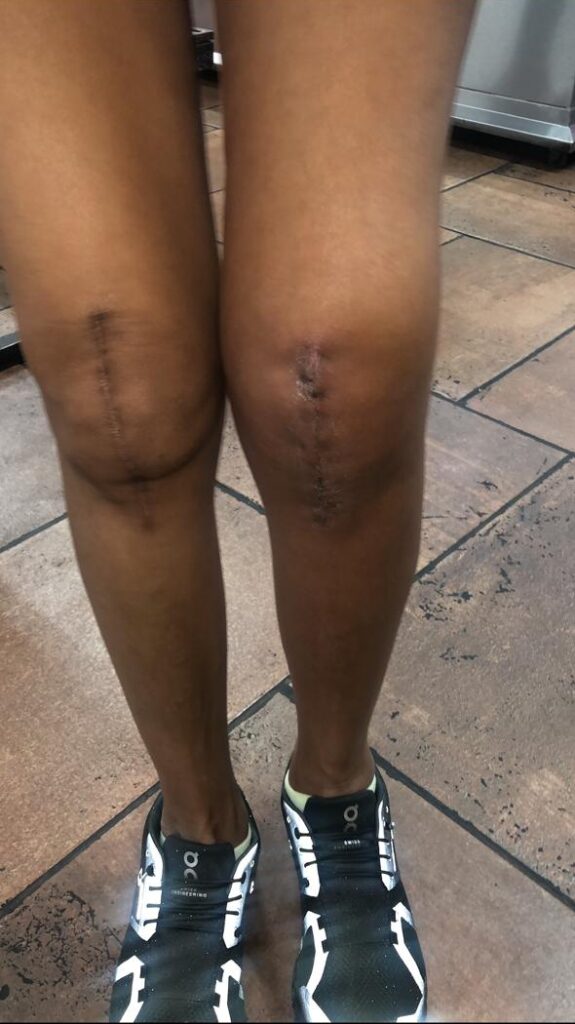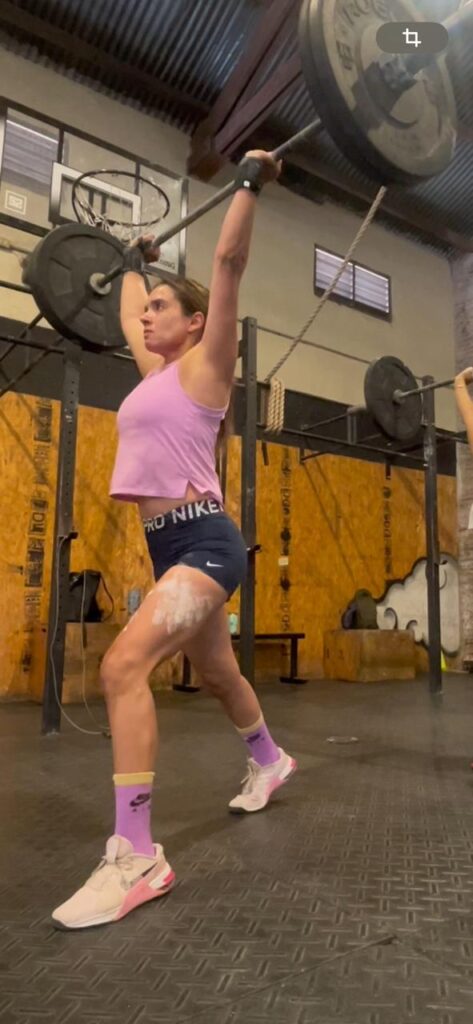
A Life Derailed by Autoimmune Chaos
At 23, Beatriz’s world fractures when rheumatoid arthritis and hypothyroidism strike. Her joints—knees, elbows, wrists, and shoulders—swell violently, locking her in cycles of immobilizing pain. Synovial fluid accumulates in her knees “like soccer balls,” requiring frequent draining with syringes. Four knee surgeries, including two replacements, leave her dependent on wheelchairs and cortisone shots. Daily tasks—brushing her teeth, climbing stairs—become agonizing feats. Misdiagnoses compound her suffering: doctors label her condition ankylosing spondylitis, panic disorder, and depression, prescribing methotrexate, sulfasalazine, and antidepressants. By her late 30s, rheumatologists push Humira, warning that without it, the disease could attack her organs. Yet instinct tells her to refuse, sparking a desperate search for alternatives.


The Keto Awakening
A health coach suggests keto, a diet Beatriz associates with documentaries about epilepsy and autism. Skeptical but determined, she eliminates carbohydrates, tracking ketones daily with a glucose monitor. Meals shift to meat, leafy greens, and avocado, though occasional sweet potatoes and squash slip in. Around the same time, a physiotherapist coaxes her into CrossFit. Initial sessions are humbling: she shuffles into the gym with compression socks, relying on coaches to steady her gait. Movements like air squats and 35-pound deadlifts feel insurmountable. Yet within months, incremental progress emerges—jogging, jumping, and even light running. Intermittent fasting (16–24 hours twice weekly) stabilizes her energy, but lingering stiffness in her elbows and ankles hints at unresolved triggers.
Relapse and the Carnivore Revelation
A relapse during a relaxed keto phase—marked by salads, berries, and “eating the rainbow”—sends inflammation roaring back. Her spine stiffens, reigniting fears of ankylosing spondylitis. Desperate, she discovers resources on strict carnivore diets. Skepticism wars with urgency: she eliminates all plants, dairy, and eggs, subsisting on ribeye, salt, water, and coffee. Bloodwork three months later stuns her: CRP and ESR, chronic inflammation markers, plummet to normal ranges for the first time in decades. Dairy-free carnivore resolves stress-induced facial dermatitis, while strict adherence minimizes joint stiffness. CrossFit milestones follow: 105-pound power cleans, box jumps, and double-unders replace her reliance on wheelchairs. Coaches insist carbs would boost performance, but she counters with her progress: “You don’t need carbs when you’re fat-adapted.”
Defying Norms in a Carb-Loving Culture
In Mexico, where tortillas, beans, and fruit dominate meals, her meat-only plates draw bewilderment. Family gatherings become battlegrounds: relatives question her refusal of vegetables, while doctors dismiss her choices as “extreme.” Undeterred, Beatriz restructures home meals around steak, eggs, and ghee. Her children adapt—breakfasts and dinners are carb-free, though they occasionally sneak treats at school. Socially, she leans into simplicity: restaurant outings mean ordering plain cuts of meat, and CrossFit friends gradually shift from skepticism to admiration as her strength grows.

Reclaiming Strength, Inside and Out
Today, Beatriz thrives medication-free. Mornings begin with CrossFit—deadlifts, cleans, and trail runs—followed by afternoons coaching clients battling autoimmune conditions. Blood tests confirm sustained improvements: CRP remains stable, cholesterol levels optimal. Muscle definition, absent even in her youth, now marks her frame. Artificial knees, once a source of dread, withstand the strain of weighted squats. Her children, who once wept fearing her death, now watch her lift with pride.
A Mission Forged in Pain
Beatriz’s journey fuels a new purpose: certifying as a metabolic health practitioner, she guides others through dietary discipline. Conferences like Low Carb USA connect her to a global community, while local workshops in Mexico spread her story. Though societal norms still clash with her choices, her resolve deepens. For Beatriz, carnivore isn’t a diet—it’s the key to a life she once believed was irrevocably lost, now rebuilt with resilience, ribeye, and relentless curiosity.
Results are not typical. All viewers of this content, especially those taking prescription or over-the-counter medications, should consult their physicians before beginning any nutrition, supplement or lifestyle program.
